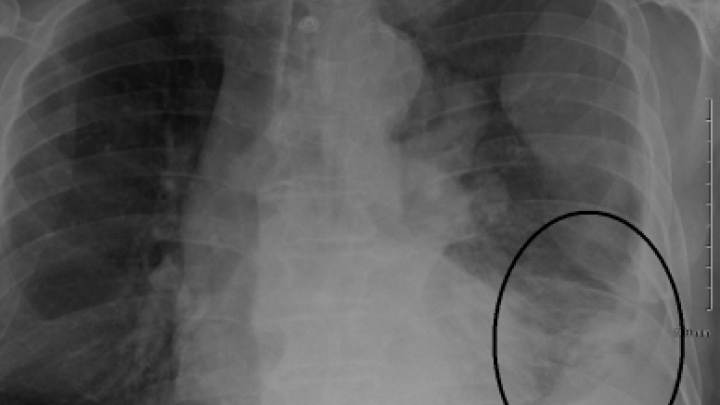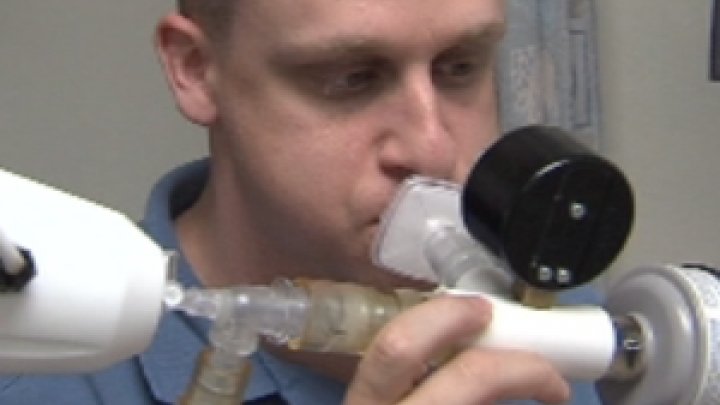Cancer Center Accreditations: A Look at Various Accrediting Bodies and What Their Designations Mean
After a cancer diagnosis, it is important that you receive the right care that makes you feel a part of your treatment. But finding the place to deliver the "right" care can sometimes seem a challenge. For this reason, cancer hospitals can apply for accreditation from major organizations, such as the American College of Surgeons, Association of American Cancer Institutes or National Cancer Institute. Hospitals must complete extensive accreditation procedures reporting outcomes, patient surveys and more to receive these accreditations. The following are a few examples of organizations that offer accreditation in the United States.
The American College of Surgeons (ACS) Commission on Cancer
The Commission on Cancer (CoC) has accredited an estimated 1,500 hospitals, treatment centers and cancer facilities in the United States. To be eligible for accreditation, hospitals must meet certain requirements as well as participate in a survey or a site visit to the hospital to speak with medical providers and view the services.
Examples of requirements include a cancer committee, regular cancer conferences that offer opportunities for patient education and reporting to a cancer registry database that indicates positive patient outcomes. Additional services needed include diagnostic imaging, radiation oncology, systemic therapy services, nutritional services, rehabilitation services and more.
National Cancer Institute Designated Cancer Center
The National Cancer Institute (NCI) has designated 68 cancer centers in the United States. While most of these cancer centers are university-based medical centers, others are freestanding research organizations. The NCI offers two specific designations: NCI cancer center and NCI comprehensive cancer center. A cancer center must show laboratory, clinical or population science as well as transdisciplinary research. The comprehensive cancer center designation means the center conducts research in laboratory, clinical and population-based research. The center must also engage in professional and public education as well as engaging in outreach activities to aid in public health, such as early cancer diagnoses.
Examples of National Cancer Institute-designated centers include the UAB Comprehensive Cancer Center in Birmingham, Ala.; Stanford Cancer Institute in Stanford, Calif.; Memorial Sloan-Kettering Cancer Center in New York, New York and the University of Texas MD Anderson Cancer Center in Houston, Texas.
The Association of American Cancer Institutes
The Association of American Cancer Institutes is a membership-based organization that includes 92 cancer research centers in the United States. By linking the leading cancer organizations together, the AACI aims to enhance cancer treatments and innovations. A major part of the AACI's mission is the Clinical Research Initiative, which involves sharing information on best practices and research results. Another key activity is "Project Cancer Education," which involves education public officials on the steps it takes to go from cancer research to new cancer tools and/or medications.
Examples of AACI members include the University of Florida Shands Cancer Center in Gainesville, Fla.; the Siteman Cancer Center and Barnes Jewish Hospital at Washington University School of Medicine in St. Louis, Missouri; and the Mayo Clinic Cancer Center in Rochester, Minn.
The American College of Surgeons (ACS) Commission on Cancer
The Commission on Cancer (CoC) has accredited an estimated 1,500 hospitals, treatment centers and cancer facilities in the United States. To be eligible for accreditation, hospitals must meet certain requirements as well as participate in a survey or a site visit to the hospital to speak with medical providers and view the services.
Examples of requirements include a cancer committee, regular cancer conferences that offer opportunities for patient education and reporting to a cancer registry database that indicates positive patient outcomes. Additional services needed include diagnostic imaging, radiation oncology, systemic therapy services, nutritional services, rehabilitation services and more.
National Cancer Institute Designated Cancer Center
The National Cancer Institute (NCI) has designated 68 cancer centers in the United States. While most of these cancer centers are university-based medical centers, others are freestanding research organizations. The NCI offers two specific designations: NCI cancer center and NCI comprehensive cancer center. A cancer center must show laboratory, clinical or population science as well as transdisciplinary research. The comprehensive cancer center designation means the center conducts research in laboratory, clinical and population-based research. The center must also engage in professional and public education as well as engaging in outreach activities to aid in public health, such as early cancer diagnoses.
Examples of National Cancer Institute-designated centers include the UAB Comprehensive Cancer Center in Birmingham, Ala.; Stanford Cancer Institute in Stanford, Calif.; Memorial Sloan-Kettering Cancer Center in New York, New York and the University of Texas MD Anderson Cancer Center in Houston, Texas.
The Association of American Cancer Institutes
The Association of American Cancer Institutes is a membership-based organization that includes 92 cancer research centers in the United States. By linking the leading cancer organizations together, the AACI aims to enhance cancer treatments and innovations. A major part of the AACI's mission is the Clinical Research Initiative, which involves sharing information on best practices and research results. Another key activity is "Project Cancer Education," which involves education public officials on the steps it takes to go from cancer research to new cancer tools and/or medications.
Examples of AACI members include the University of Florida Shands Cancer Center in Gainesville, Fla.; the Siteman Cancer Center and Barnes Jewish Hospital at Washington University School of Medicine in St. Louis, Missouri; and the Mayo Clinic Cancer Center in Rochester, Minn.






















